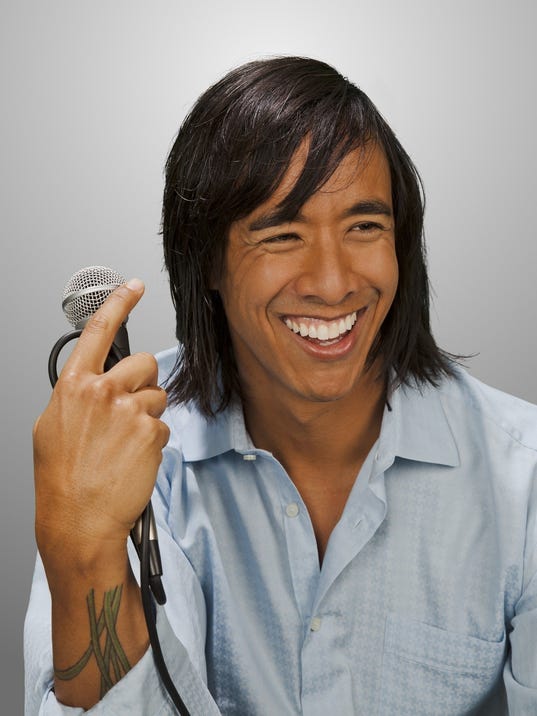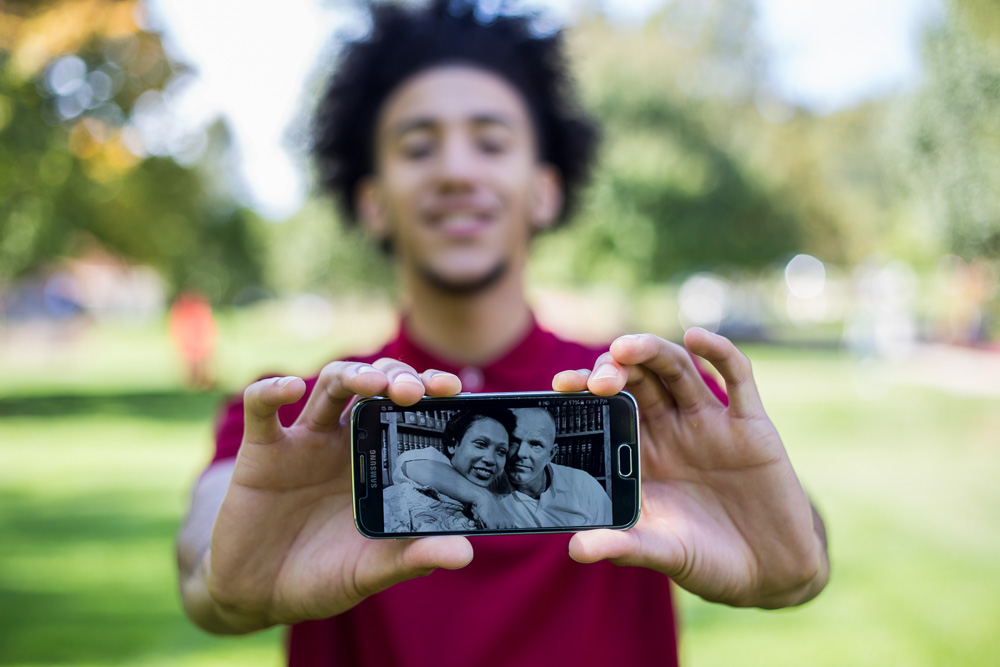Multiracial college students’ experiences with multiracial microaggressionsPosted in Articles, Campus Life, Media Archive, Teaching Resources, United States on 2016-11-08 14:22Z by Steven |
Multiracial college students’ experiences with multiracial microaggressions
Race Ethnicity and Education
Published online 2016-11-07
pages 1-17
DOI: 10.1080/13613324.2016.1248836
Jessica C. Harris, Multi-Term Lecturer
Department of Educational Leadership and Policy Studies
University of Kansas
While research on monoracial college students’ experiences with racial microaggressions increases, minimal, if any, research focuses on multiracial college students’ experiences with racial microaggressions. This manuscript addresses the gap in the literature by focusing on multiracial college students’ experiences with multiracial microaggressions, a type of racial microaggression. Utilizing qualitative data, this study explored 3 different multiracial microaggressions that 10 multiracial women experienced at a historically white institution including, Denial of a Multiracial Reality, Assumption of a Monoracial Identity, and Not (Monoracial)Enough to ‘Fit In.’
Read or purchase the article here.




